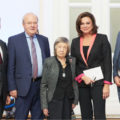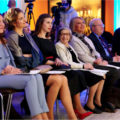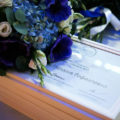The L’Oréal-UNESCO national programme
On September 7, 2020, ten young Russian female scientists were awarded the L’Oréal-UNESCO national fellowships “For Women In Science”. This joint project has been carried out in Russia since 2007 with participation of the Russian Academy of Sciences and the Commission of the Russian Federation for UNESCO.
It was decided to postpone the traditional grand awards ceremony to 2021 due to unstable epidemiological environment. Next year, we will honor the winners of both years, 2020 and 2021.
Women scientists are actively engaged in cutting-edge research around the world. However, despite their significant discoveries, women still represent only 29% of all scientists globally, and their work is less likely to receive well-deserved recognition. The share of female researchers may be higher in certain fields, but overall, the glass ceiling is still a major challenge for the scientific community. Only 3% of Nobel Prizes in science have been awarded to women.
Support of outstanding female scientists is a prerequisite for promoting gender equality in academia. For the past 14 years L’Oréal Russia has been rewarding young women in science to help talented and promising specialists from various fields develop their careers in Russia.
“Today, in the face of global challenges, it is crucial to provide female scientists with long-term support. Because the science is the concern of the entire mankind. Ensuring that women have their deserved place in science and society means giving the world wider opportunities to efficiently solve pressing problems in healthcare, climate change, and even the artificial intelligence”, said Claudio Cavicchioli, General Manager of L’Oréal in Russia & CIS.
Eligible applicants for the fellowship, according to the terms of the contest, are female scientists with Candidates of Science degree, 35 years of age and younger, working in Russian scientific institutes and universities in the following disciplines: physics, chemistry, medicine and biology. The main criteria for selecting winners of the endowment are scientific significance of the applicant’s research, opportunities for practical use and feasibility of the project presented for consideration by the jury, as well as the candidate’s desire to pursue a scientific career in Russia.
Since the start of the programme, fellowships were awarded to 135 young women so that they could develop their scientific careers, including 10 winners of 2020.
In 2020, the jury received 388 applications from 51 Russian cities, an increase of 16% compared to the previous year. Each year, winners of the endowments are selected by a reputable jury chaired by Professor Alexei Khokhlov, Vice-President of the Russian Academy of Sciences, Head of the Chair of Polymer and Crystal Physics at the Moscow State University, member of the Academia Europaea, laureate of the State Prize of the Russian Federation in the field of Science and Technology.
Since 2008, the jury includes Tatiana Birshtein, Professor at the Institute of Molecular Compounds of the Russian Academy of Sciences, St Petersburg. In 2007, she won the International Awards L’Oréal-UNESCO For Women in Science as a representative of Europe for her outstanding scientific research in the field of statistical physics of polymers and for active educational activities at the physics faculty of St. Petersburg State University.
Certainly, there are numerous examples of women who have risen to great eminence in science. But still, they did not receive the same recognition as their male colleagues from the same fields. For instance, an Austrian physicist and radiochemist Lise Meitner was the first scientist ever who performed nuclear fission. Chemist Otto Hahn, with whom Meitner worked together for many years, received the Nobel Prize in Chemistry “for his discovery of the fission of heavy atomic nuclei.” Lise Meitner was nominated for the Nobel Prize at least eight times between 1924 and 1934, but never received the top scientific award.
One of the reasons why women are facing a more difficult path in the field of science is social stereotypes. In 2005, Harvard University President Lawrence Summers noted during a closed conference on employment that family duties are the main obstacle to women’s participation in science. The care for the children and for the house that is traditionally expected from women, and the simple lack of spare time prevent female scientists from dedicating themselves to their occupation. Researchers at the Higher School of Economics have identified an interesting pattern: 28% of parents would support their sons in pursuing a scientific career, and 24% would want such career for their daughters. The gap may be small, but it is still there, and over time this attitude results in the lack of support for female scientists.
“This is a very important award for female scientists, because they always need to walk the more difficult path. They have more pressure, in all spheres of life. And this is why helping women in science is a very noble undertaking,” noted Tatiana Birshtein.
According to Alena Starikova, one of the award winners, such recognition is of great importance: “I have been an active researcher since my student days, and at the age of 30 I successfully defended my doctoral thesis and obtained a degree of Doctor of Chemical Sciences. Decent working conditions are being created for young scientists today: there is an opportunity to participate in prominent scientific projects and compete for grants. For me personally, this award primarily means the support from the scientific community. I was very pleased to receive congratulations from my colleagues, especially from globally renowned scientists with whom it is a great honour to work side by side. I hope that my example will inspire young female researchers for new achievements”.
“For Women In Science” awards launched by L’Oréal and UNESCO in 1998 have been given to more than 3,300 women from 118 countries. Endowments were provided to 135 young female scientists from Russia, and submission of applications for the next year’s contest will start in April.
Each year, a ceremony to reward 15 International Rising Talents among young female researchers is held in Paris. The winners are chosen from among the recipients of national fellowships. These awards allow researchers to work at the most recognized research institutions in any country of the world.
The programme also honours 5 distinguished female scientists from 5 continents each year with its International Awards for crucial discoveries. The programme exists for 22 years and it has rewarded 112 winners, 3 of whom have subsequently received the Nobel Prize.
Source: lorealfellowships-russia.org
2020 “For Women In Science” fellowships have been awarded to:
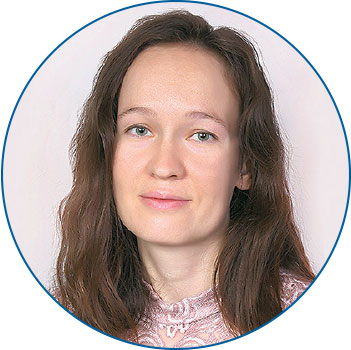
Nadezhda Bondareva |
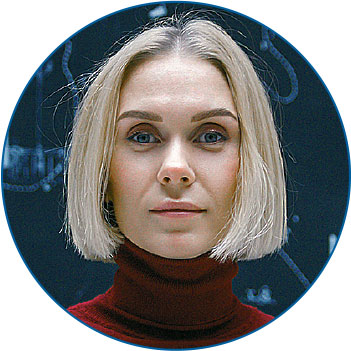
Alexandra Borodkina |
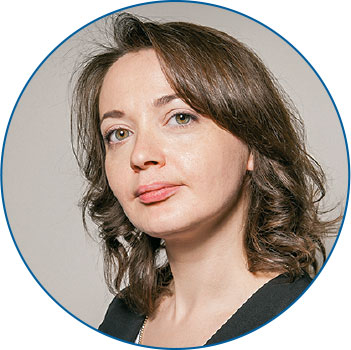
Yulia Volkova |
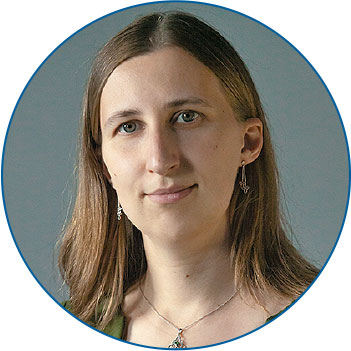
Irina Eliseeva |
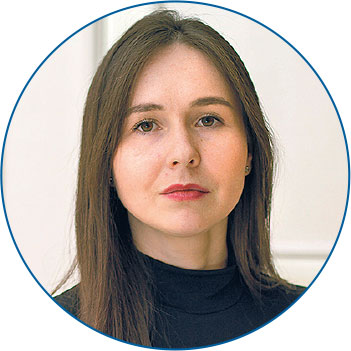
Yulia Lyagaeva |
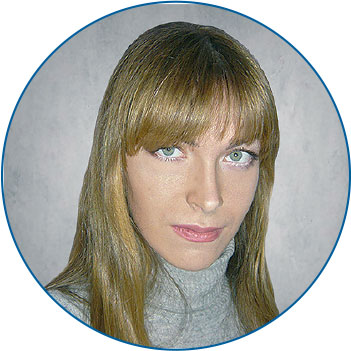
Daria Smirnova |
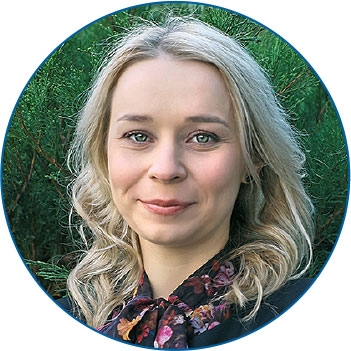
Anastasia Snezhkina |
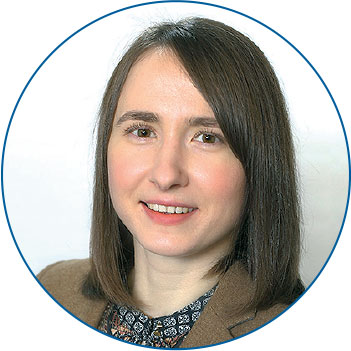
Alena Starikova |
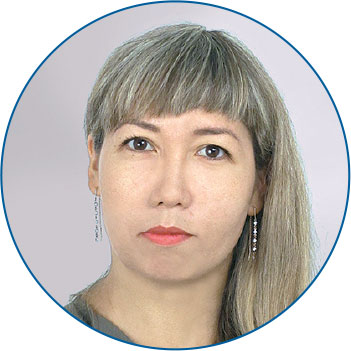
Rosa Usoltseva |
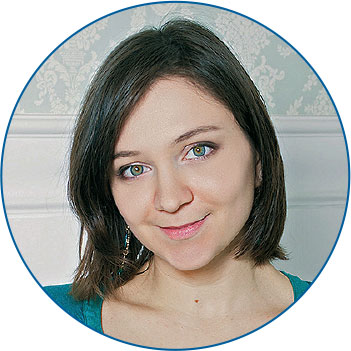
Yulia Shakirova |


